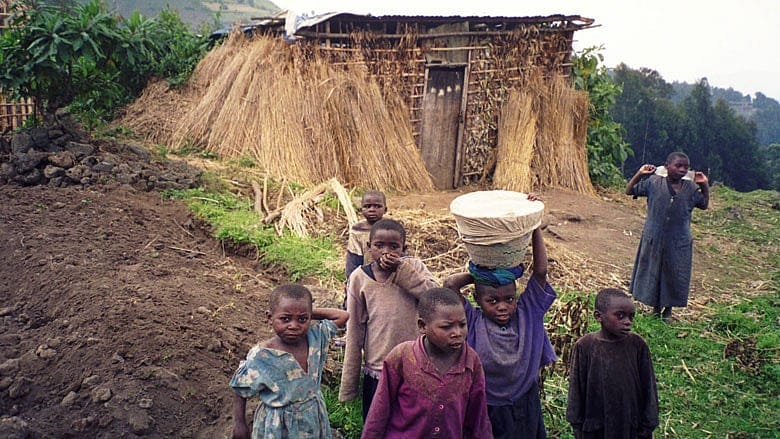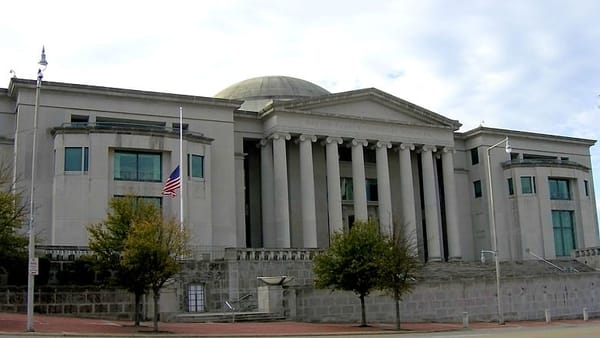Caution and hope in an uncertain world order

In my last article, I provided a historical perspective of the African Great Lakes region's political dynamics, and its impact on the current political crisis aiming to affect the process of strengthening democracy in the region. I suggested policy recommendations to avert a new regional crisis and, most importantly, save democracy. These included promoting a regional diplomatic approach to mobilize all stakeholders, reminding leaders of their responsibilities, and steering the political process on a track that averts the looming crisis of regional instability, resulting from constitution terms change limits by regional head of states, and facilitates a peaceful resolution. I highlighted the economic and political importance of the diplomatic course, along with its ramifications to current and future regional and world stability.
The following week saw the U.S. Senate Sub-Committee on African Affairs hearing on the state of current U.S. policy in the Great Lakes Region. There, the U.S. Assistant Secretary on African Affairs (Linda Thomas-Greenfield) and the U.S. Special Envoy (former Virginia representative Thomas Perrielo) voiced concern for the uncertain future of democracy and freedom in the region. They reminded the panel and audience of the injurious impact of continuous, undemocratic leadership on current efforts to build institutional capacity for democracy and the rule of law. They encouraged regional leaders to be proactive in halting practices that are incompatible with democratic societies and pose a significant threat to regional stability – practices such as repeated human rights violations, intimidation and arbitrary detention of political opponents, and violation of a free press. Most importantly, they urged regional leaders to keep the best interest of their people at heart and preserve the small yet hard-fought gains in sustaining the democratic process, implementing the rule of law, and good governance in the region.

